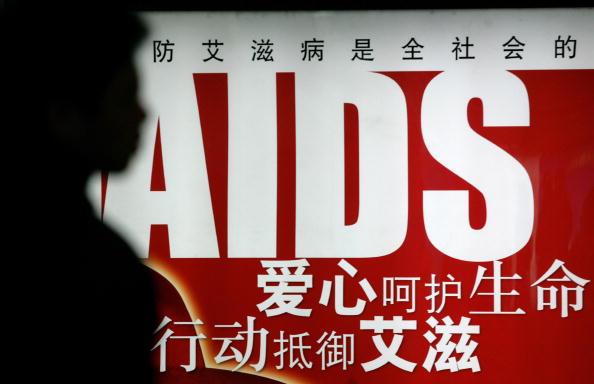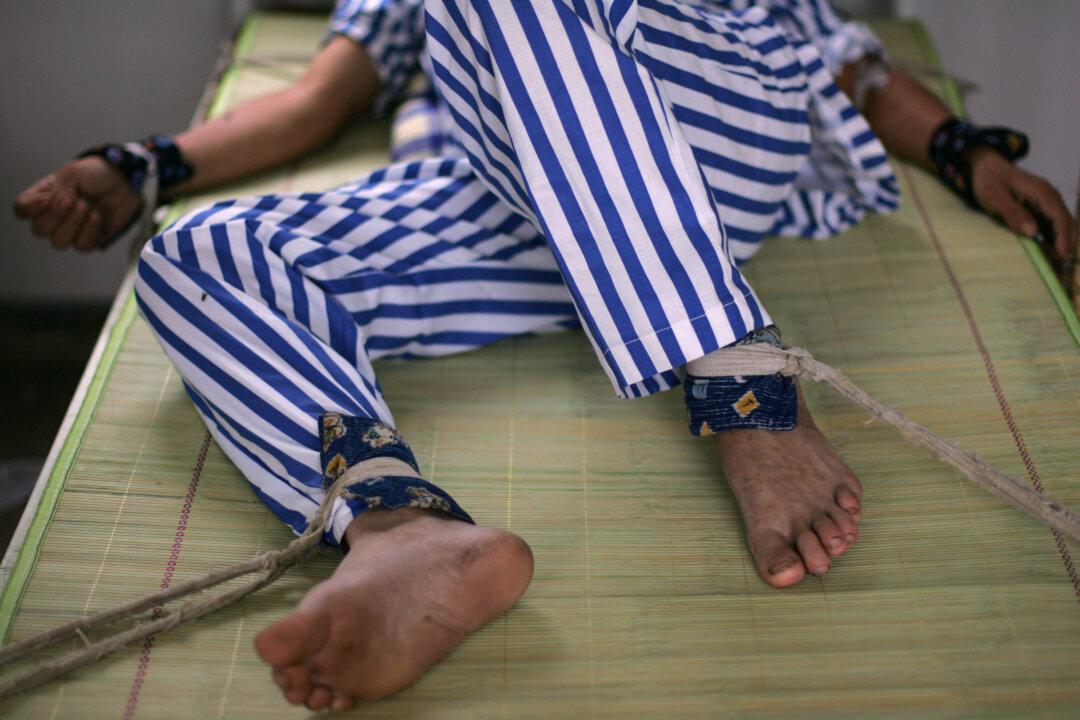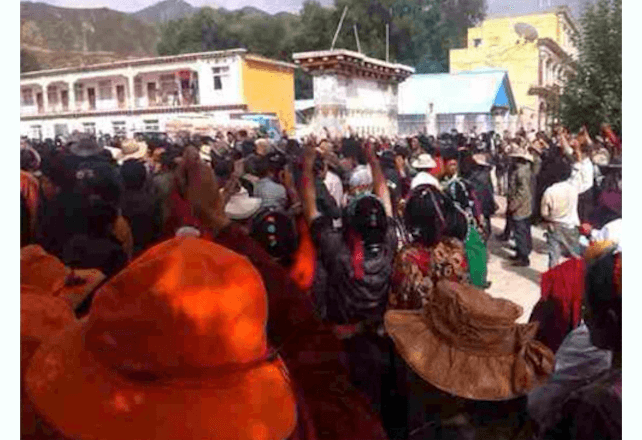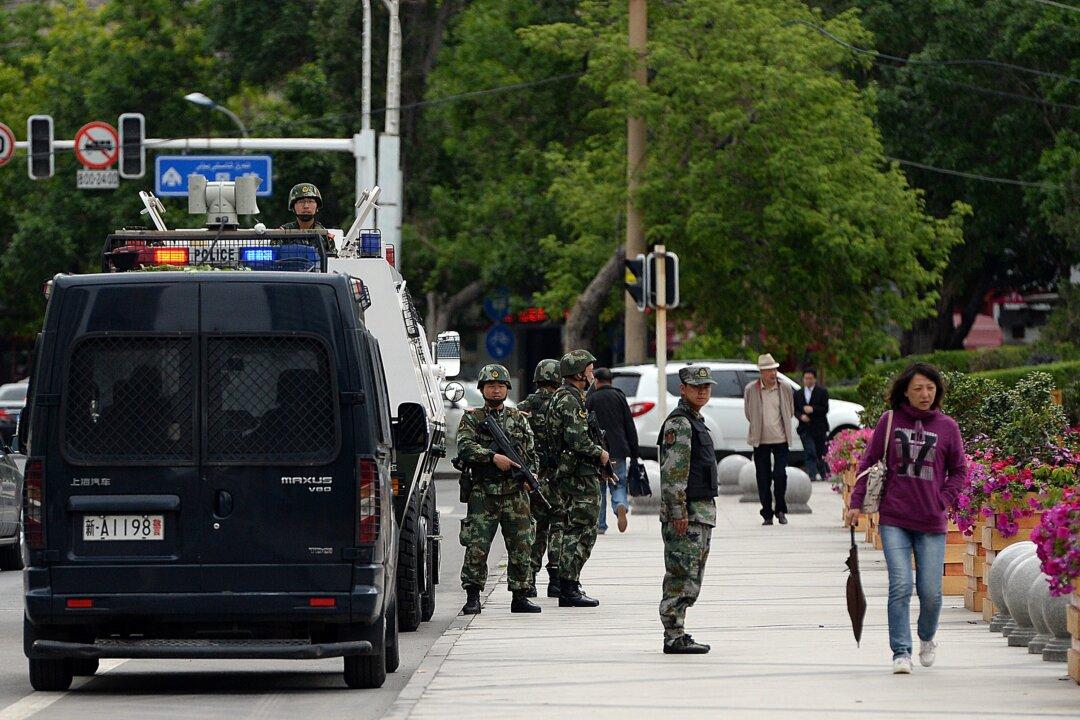A new draft regulation prohibiting those with AIDS, sexually transmitted diseases, and infectious skin diseases from using public baths or spas in China has raised controversy and charges of discrimination.
The Ministry of Commerce, which is considering the regulation, would require the affected businesses to display signs informing customers that those with the diseases are not permitted to use the facilities; the State Council has posted the regulation online for public comment before implementation.
The proposed ban is being called another discriminatory measure affecting HIV patients in China, according to AIDS and civil rights activists in statements on Monday, reported Radio Free Asia.
The HIV virus, which causes AIDS, cannot be spread through public bathing facilities because it requires an exchange of bodily fluids, say AIDS experts.
“This will exacerbate discrimination and demonize people living with HIV as a group, so that recruiters for civil service and teaching jobs will use it as an excuse to refuse to hire [them],” AIDS advocate Chang Kun told Radio Free Asia.
Hedia Belhadj, China coordinator for United Nations Aids agency (UNAIDS), called for a retraction of the regulation in a statement to AFP on Monday. “UNAIDS recommends that restrictions preventing people living with HIV from accessing bath houses, spas and other similar facilities be removed from the final draft of this policy,” Belhadj said.
Officials in the spa and bath house industry have responded that it is not possible to enforce the regulation because staff cannot determine by appearances only whether a customer has AIDS.
For many years, the communist regime denied the presence of AIDS in China, and covered up the presence of large pockets of AIDS sufferers, particularly in Henan Province, who had been infected by contamination through official blood buying programs.
Blood was carelessly intermingled and the spread of AIDS was massive. Research published in Foreign Affairs in March 2002 stated, “As many as 1.2 million people in Henan are HIV-positive, largely owing to an unsafe blood collection system. … Media reports have focused in particular on ‘HIV/AIDS villages’ in Henan where up to 80 percent of inhabitants have contracted the virus, and more than 60 percent already suffer from AIDS.”
Now, according to Avert, an international HIV and AIDS charity, heterosexual sex has become the dominant transmission route for HIV. Traditionally HIV transmission has been particularly high among injecting drugs users, homosexuals, and former plasma donors.
In 2004, the State Council began working toward mass education of the general population, to teach people how to avoid infection and to counter stigma and discrimination. A poll conducted in 2006 revealed that 48 percent of respondents thought they could become infected from mosquito bites, said Avert, pointing to a need for further education.
Hu Jia, a well-known Chinese activist, wrote on Twitter: “Because of the Chinese Communist Party’s defamatory propaganda, China has become the most discriminatory country toward AIDS in the world.”




